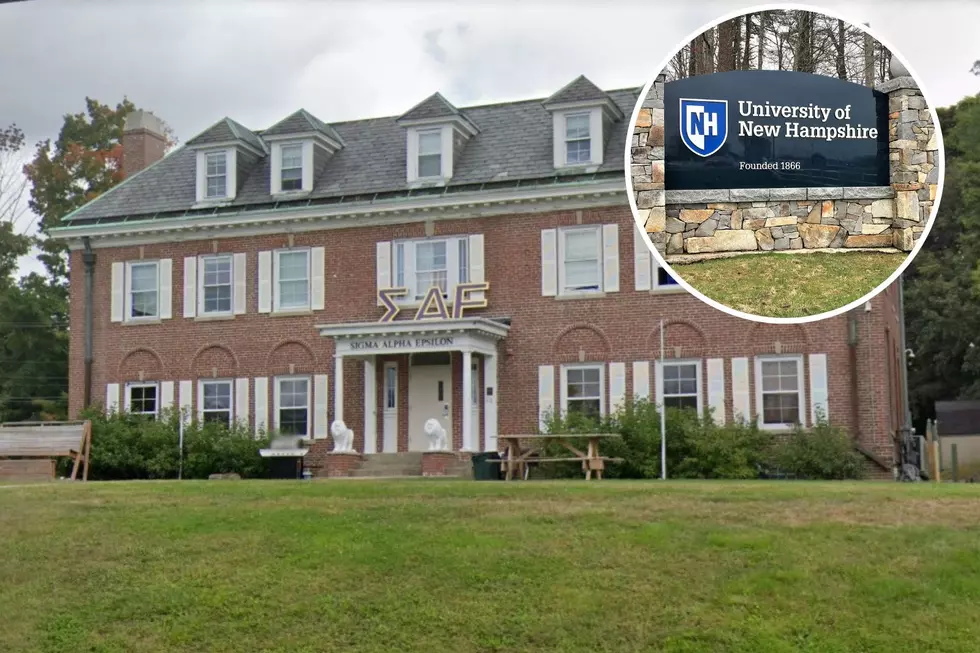
UNH Announces Winners of Virtual Innovation Challenge
The University of New Hampshire announced in a press release the results of its first-ever fully virtual Social Venture Innovation Challenge (SVIC), rewarding a total of $15,000 to the program’s winning teams.
The SVIC is organized by UNH’s Changemaker Collaborative in an attempt to meld UNH participants into skilled problem-solvers that can address society’s greatest issues. Students are tasked with forming a creative, early-stage concept that develops a solution for any of the 17 United Nations’ Sustainable Development Goals, including issues such as poverty, hunger, and clean water.
Teams presented their ideas to a panel of judges who determined which projects best fit with certain criteria, such as “Most Original Innovation” or “Best First-Year Student Entry.” The reward was distributed across nine categories total and video of all the finalists’ and winners’ projects is available on this UNH Sustainability webpage.
“We understand that different entries have different strengths in different aspects," Faina Buhker, UNH’s director of Changemaker Education, said in the release, "and we wanted the judges to be able to highlight and reward those strengths in different teams.”
Five prize categories were added in light of these varied strengths.
Audience choice was another addition to this year’s SVIC award system. The voting was public, and as many as 1,400 individuals could vote for their favorite ideas.
“It is our hope that the community participation will help encourage a rich 'ecosystem' of support to emerge, not only for the 'winning' teams, but for all of the finalist teams,” Fiona Wilson, Director of UNH’s Sustainability Institute, said in the release.
Recipient of “Most Impactful Story to Engage Stakeholders” was Plymouth Cares One-Stop-Shop, a virtual and organized space for all the basic resources Plymouth State students may need - such as school supplies, medical care, access to the food pantry, etc. - whether they are homeless, at-risk or lacking basic needs. The “One-Stop-Shop” was created to ensure college students can focus primarily on their academics instead of struggling to stay afloat, whether it’s physically, mentally or academically.
The project that won three different categories was Scrapp, a free phone app that scans common household items and food packets. The app was created to “combat confusion,” and help people know for certain what is recyclable and what isn’t, saving money and the environment from wrongly recycled items. Scrapp users can keep track of their progress, challenge friends and gain rewards with their use of the app. Scrapp won “Best Articulated Problem,” “Most Financially Stable Solution,” (two of this year’s new categories), and third place in the “Audience Choice Awards.”
HydroPhos Solutions won first place in the “Audience Choice Awards” as well as “Most Impact Potential.” This project combats eutrophication and phosphorus depletion. The goal of the model is to extract and filter phosphorus from wastewater treatment plants and resell it to fertilizer companies, recycling the nutrients.
The remaining winners were: Mongo for “Most Original Innovation,” ROOTS for “Best First-Year Student Entry”, and second place in the “Audience Choice Awards” was MyGreenPlate. Other finalists included Eizent Innovations, Matterverse, Promised Protections and SymbioExchange.
UNH's SVIC was founded in 2013 and has since involved over 1,300 participants and provided over $315,000 in resources and funding to its winners.
KEEP READING: Scroll to see what the big headlines were the year you were born
More From Seacoast Current








